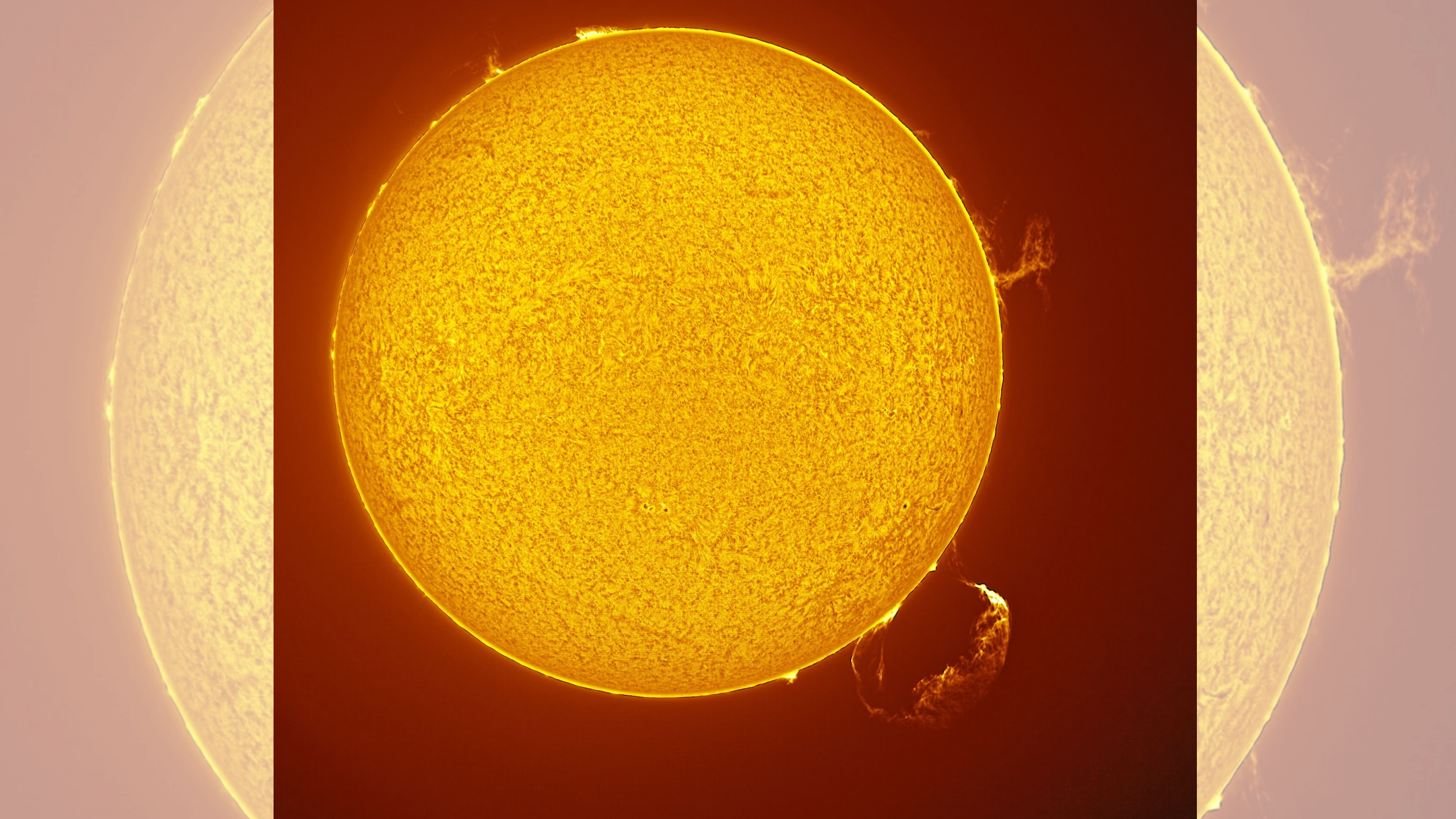Teens Are Happier Than in the Past — Why Are Adults So Miserable?

It's a good time to be an American teenager — but not so much an American adult.
Happiness levels are on the rise in adolescents, new research finds, but adults over age 30 are becoming less happy over time. Though people used to report greater happiness with age, that correlation vanished after 2010, study researcher Jean Twenge, a psychologist at the University of California, San Diego, told Live Science. The results may explain, or at least illuminate, a finding in another recent study — that the death rate for white Americans ages 45 to 54 is on the rise, even as death rates fall for other age groups.
"My conclusion is that our current culture is giving teens what they need, but not mature adults what they need," Twenge said. [7 Scientific Tips for Living a Happier Life]
Missing happiness
Twenge, the author of "Generation Me: Why Today's Young Americans Are More Confident, Assertive, Entitled — and More Miserable Than Ever Before" (Free Press, 2006), became interested in studying changes in happiness after seeing several conflicting papers on the topic. She and her co-authors analyzed data from several nationally representative samples of 1.32 million Americans who participated in either the General Social Survey, an ongoing study of adults; or the Monitoring the Future study, an ongoing study that includes teens, between the 1970s and 2014.
Both of these studies include questions about happiness (and, in the case of the Monitoring the Future study, questions about the related measure of life satisfaction, how people feel about their lives as a whole). Very quickly, Twenge said, a pattern emerged: The eighth-, 10th- and 12th-graders of today are happier than the eighth-, 10th- and 12th-graders of previous decades. Meanwhile adults have been getting steadily unhappier since the 1970s. [5 Weird Ways to Measure Happiness]
A closer look at the adult data found that 18- to 29-year-olds have fairly stable happiness rates, and that the real decline occurs in people over 30.
Get the world’s most fascinating discoveries delivered straight to your inbox.
"That group goes up to people in their 90s," Twenge said. "So, in that group of folks, happiness has declined, particularly since 2000."
The findings represent a sea change in happiness trends. Traditionally, researchers have found that people get happier as they age, up to around 65. There is some debate about the trend, but it's always been fairly consistent, Twenge said. Since 2010, though, mature adults have reported less happiness than youth, reversing old notions of how happiness changes across the life span.
There are two possible explanations for the change. One could be that there's a particularly gloomy generation moving through life, decreasing the happiness of their age group as they pass through it. But this doesn't account for the new study results, Twenge said.
Instead, the second explanation seems to be at play: Some sort of cultural shift is affecting everyone at the same time. Regardless of whether you're a baby boomer, a Gen Xer or even a millennial, young people are getting happier, and older people less so.
Those changes are likely to be noticeable in day-to-day life. The influence of this time-period trend is similar to the size of happiness changes from being married versus single, feeling healthy versus not, having children versus not or spending time volunteering versus not, Twenge and her colleagues reported online Nov. 5 in the journal Social Psychological and Personality Science. For teens, the happiness boost over time is equivalent to the change in happiness you'd expect if you moved from a poor country to a rich country.
Social struggles
Figuring out why happiness is trending upward for teens and downward for adults is tougher than simply seeing the pattern. There's no way to conduct unbiased experiments on the effects of being born at one time or another, so scientists have to rely on correlations.
Some correlations may hold hints as to the causes of this happiness change, though. Twenge and her team conducted analyses, which were not included in the final paper, on factors like economic indicators, unemployment, median income, poverty rate, income inequality, the marriage rate, birthrate and people living alone. They also looked at measures of individualism, such as people choosing unique names for their babies, individualistic language in books and expectations of future achievement.
The clearest trend was that as the marriage rate declined (more people than ever have never been married), so did adult happiness. Rising income inequality also tracked with the decline in happiness among older adults. Meanwhile, high schoolers have reported higher expectations for their future educational attainment and job titles — about twice as high as seen in the 1970s, Twenge said, even though that actual achievement is basically unchanged since then.
"Expectations have grown, while reality has stayed about the same," she said.
High expectations may make teens feel good, she said, but when those expectations hit against reality in adulthood, the resulting disappointment could account for the evaporation of happiness.
A recent study in the journal Proceedings of the National Academy of Sciences, published Sept. 17, may reveal one factor at play. That research showed that while death rates have declined for all other age groups, white Americans between the ages of 45 and 54 saw a reversal of progress: Their death rates ticked upward about a half a percent each year between 1999 and 2013. The cause of this increase was a spike in suicide, chronic liver disease, and drug and alcohol overdose.
"It was basically death due to mental health problems," Twenge said — a finding that "maps pretty well" onto her research on a decline in happiness in older age.
"It suggests that there is a really deep dissatisfaction in the country right now, at least among those over age 30," she said. These people are struggling, whether that's economically, or with relationships, or probably both. It's this double whammy of income inequality and the breakdown of relationships at the same time that our culture promotes these very high expectations."
Follow Stephanie Pappas on Twitter and Google+. Follow us @livescience, Facebook & Google+. Original article on Live Science.

Stephanie Pappas is a contributing writer for Live Science, covering topics ranging from geoscience to archaeology to the human brain and behavior. She was previously a senior writer for Live Science but is now a freelancer based in Denver, Colorado, and regularly contributes to Scientific American and The Monitor, the monthly magazine of the American Psychological Association. Stephanie received a bachelor's degree in psychology from the University of South Carolina and a graduate certificate in science communication from the University of California, Santa Cruz.
